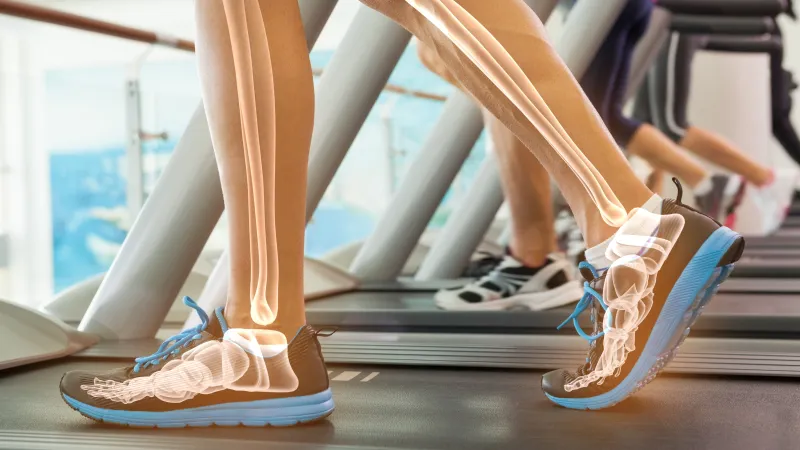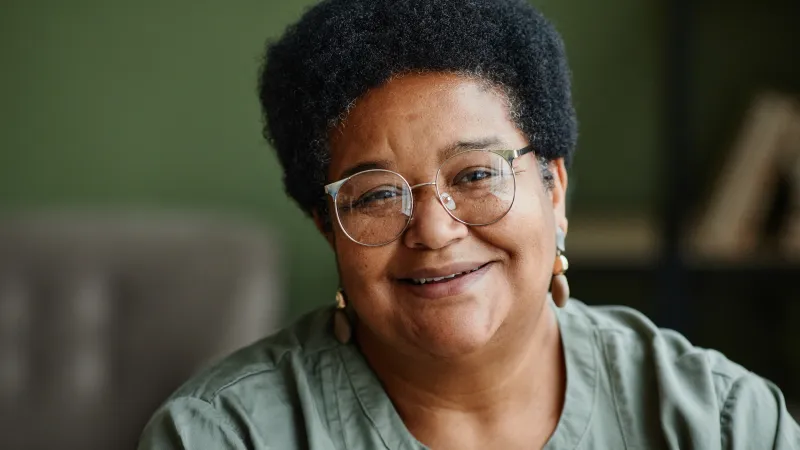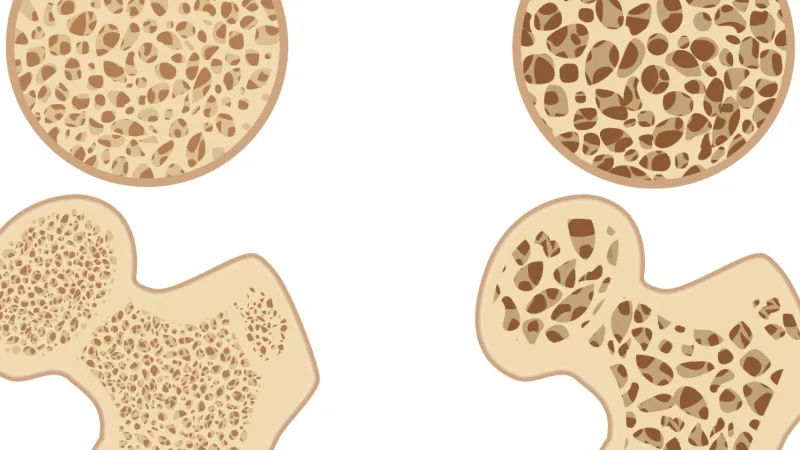The goal of osteoporosis treatment is to help patients enjoy an active, healthy lifestyle for as long as possible while working to prevent bone fractures. Our doctors may recommend lifestyle changes to avoid further bone loss and prevent osteoporosis from becoming more severe.

Osteoporosis Treatment
About Osteoporosis
Osteoporosis is a condition in which bones become brittle and fragile due to loss of bone mass. This makes them susceptible to breaks or fractures.
Are you over 50? Have you noticed your posture has started to slump? Do you have back pain? You may be showing signs of osteoporosis, a disease that can affect your daily activities and lead to life-threatening injuries.
Our board-certified doctors at Orthopaedic Specialists of Austin can treat your osteoporosis and teach you how to prevent it from worsening.
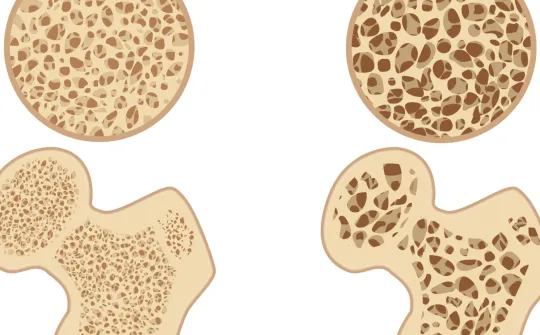
The Symptoms of Osteoporosis
Unfortunately, the early stages of osteoporosis typically develop with no signs or symptoms. Many people are not aware they have osteoporosis until they suffer a bone fracture. As osteoporosis progresses, you may find that you:
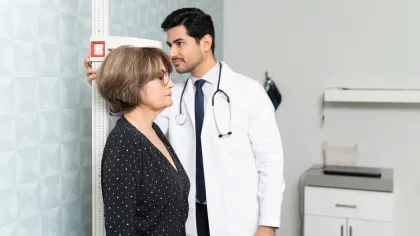
Get Shorter
If you have lost an inch or more in height, you should reach out to your doctor to see if osteoporosis is the underlying cause.

Begin Stooping
You should see your doctor if you have a change in posture that causes you to stoop or have a hunchback.

Suffer Back Pain
In more advanced stages of osteoporosis, you may start to have back pain, especially in the lower back due to fractured or collapsed vertebrae.
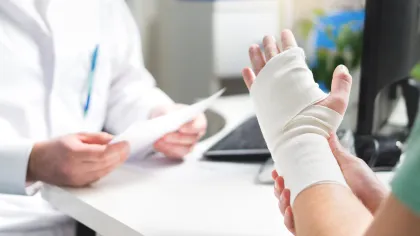
Experience Bone Fractures
The most common sign of osteoporosis is a bone fracture. This happens in the later stages and is typically when people find out they have bone loss. Bones can become so brittle that patients suffer fractures from simply coughing or breathing.
How To Diagnose Osteoporosis
Osteoporosis is typically identified by a bone density scan, which measures your bone mineral density. This is commonly done with a special type of X-ray called a central dual-energy X-ray absorptiometry (DXA). This X-ray will be able to tell your doctor if your bone density levels are normal. Other tests, such as a CT scan or MRI imaging can be used to assess issues in the spine that may be related to osteoporosis.
We Utilize the Latest Techniques in Medicine
At Orthopaedic Specialists of Austin, our board-certified doctors can work closely with you to manage the disease. Our mission is to utilize the latest techniques in medicine to give you the least-invasive treatment options that provide effective results.
Proper treatment can help slow or prevent the progression of osteoporosis and help you avoid severe injuries.
Contact one of our offices in Austin, or Leander, to request your consultation.
Request a Consultation
When left untreated, osteoporosis can have a major impact on your day-to-day life. Daily activities or going to work may become too painful. Once bones become fragile, they break easily, especially the bones in the hip, spine, and wrist. Early assessment and treatment can reduce your risks.
If you are suffering from any osteoporosis symptoms or if there is a history of the disease in your family, reach out to Orthopaedic Specialists of Austin. Founded in 2004, we have convenient locations in Leander and Austin, TX, where we can assess your condition and tailor a treatment plan for your stage of the disease.
Our doctors can help you live a fulfilling life despite osteoporosis. If you have questions, leave us a message or call to request a consultation:
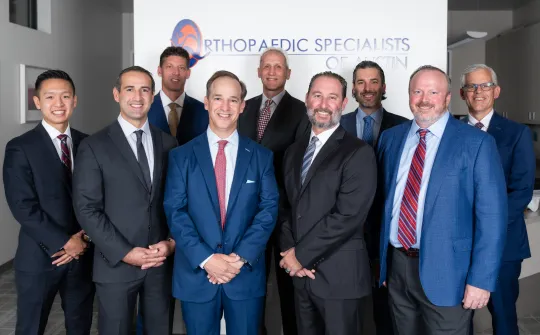
The Treatment of Osteoporosis
If you're 50 or older and have broken a bone, ask your doctor or healthcare provider about a bone density test. If it is deemed you have bone loss there are several treatments our orthopedic specialists in Austin and Leander, can provide.
Bisphosphonates
Low-dose Hormone Therapy
Other Pharmaceuticals




Lifestyle Changes
to Prevent Osteoporosis
Weight-Bearing Exercises
Weight-bearing exercises like running, walking, jumping, dancing, and weight lifting can improve your balance, posture, and bone density. All of which decline with osteoporosis.
Vitamin D
Vitamin D helps your body absorb calcium and promotes bone health. If you aren't getting enough vitamin D from sunlight or your diet, your doctor may suggest adding a vitamin D supplement to your daily routine.
Diet
Your doctor may suggest overall improvements to your diet to be sure you are getting adequate amounts of vitamins and minerals. We may recommend a calcium supplement be added to your daily routine.
Avoid Alcohol and Smoking
Excessive use of alcohol and tobacco can lead to osteoporosis. If you have been diagnosed with osteoporosis, it is imperative you stop drinking and smoking to avoid further damaging your bone density.






